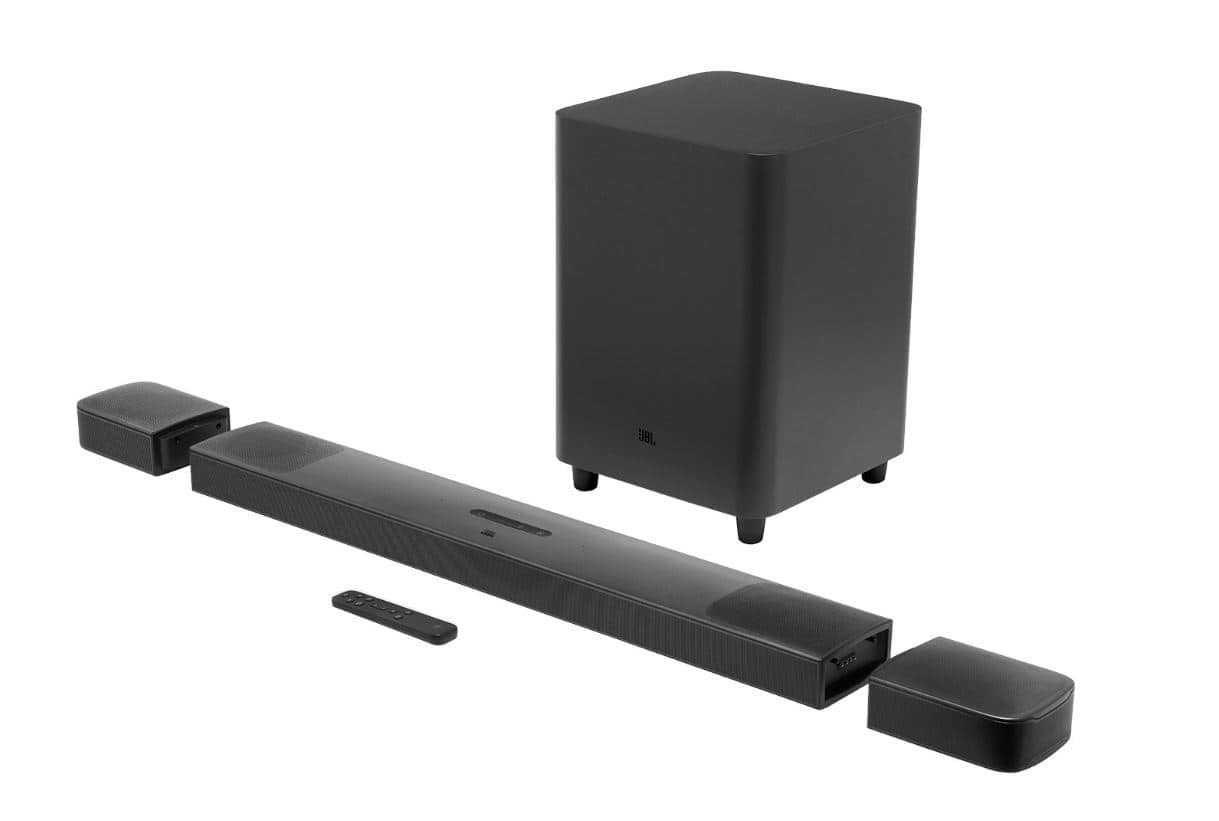In a remarkable advancement for eco-friendly transportation, Candela has made significant strides with its all-electric hydrofoil boats, showcasing a new era of marine travel that minimizes environmental impact. The company recently reported the successful deployment of its C-8 model, which has now achieved the notable feat of being the first electric vessel to navigate the expansive Baltic Sea.
This pioneering mission effectively illustrated the feasibility of long-distance electric travel via sea. As the C-8 skimmed over the water at almost 27 knots, it was propelled by an innovative hydrofoil system that lifts the hull above the surface, dramatically reducing drag and energy consumption—up to 80% less than conventional boats.
On its journey from Sweden to Finland, the C-8 efficiently covered approximately 172 miles, making three strategically timed stops to recharge its power source. Each charging session took advantage of rapid DC charging capabilities, allowing for minimal downtime. The vessel harnesses a Polestar battery, enabling seamless travel without disturbing the marine environment with engine noise or significant wake.
Candela’s approach not only highlights a promising future for electric maritime transport but also showcases substantial cost savings when compared to gas-powered vessels. The overall expenses incurred during the trip demonstrated a stark contrast, with the C-8’s electric charging costs being significantly lower than the fuel expenses of a traditional gas-fueled boat.
As the interest in sustainable travel options escalates, the emergence of electric hydrofoils represents a significant step towards a cleaner and quieter future on the waterways.
Eco-Friendly Sailing: Tips, Life Hacks, and Facts for Sustainable Marine Travel
The introduction of electric hydrofoil boats like Candela’s C-8 is not just an exciting innovation in marine transport; it’s also a step towards more sustainable travel on our waters. Here are some tips, life hacks, and interesting facts that can enhance your experience with eco-friendly boating and further contribute to the preservation of our planet.
1. Educate Yourself About Electric Vessels
Understanding the technology behind electric boats will not only help you appreciate these advancements but will also inform your choices when considering travel options. For instance, knowing how hydrofoils work can help you understand their efficiency in reducing drag and energy consumption.
2. Explore Local Waters
If you own or plan to rent an electric boat, consider exploring local lakes, rivers, and coastal areas. Keeping your travels within a short distance requires less power and helps maintain the ecological balance of pristine waterways.
3. Utilize Charging Stations Wisely
Just like Candela’s C-8, which made smart stops to recharge, plan your boating itineraries around available charging stations. This will allow for hassle-free travel while minimizing downtime and ensuring you have the power needed for longer trips.
4. Be Mindful of Marine Life
When traveling in electric vessels, it’s crucial to maintain a respectful distance from marine life. The quiet operation of electric boats reduces disturbances, but keeping a safe distance ensures the safety of both wildlife and your journey.
5. Adopt Green Practices Onboard
Carry reusable containers and avoid single-use plastics. Implement proper waste disposal practices to keep waterways clean. Additionally, educating fellow travelers about eco-friendly practices can lead to a collective effort towards sustainability.
6. Stay Updated on Legislation
Keeping informed about local laws related to boating and environmental conservation is key. Some regions have specific regulations governing electric vessels and protected marine areas, which can enhance your travel planning.
Interesting Fact: The use of hydrofoils in boats dates back to the early 1900s, but it is only in recent years, along with advancements in battery technology, that electric hydrofoil boats have become viable for commercial and recreational use.
Cost-Effective Travel: As demonstrated by the C-8’s journey, the shift to electric boating significantly reduces operational costs compared to traditional gas-powered boats. This shift is not only beneficial for individual users but can also transform the marine tourism industry by promoting economic benefits tied with sustainability.
As we embrace the transition to cleaner technologies in our seas and rivers, every step towards sustainable travel makes a difference. Electric boats like those developed by Candela not only symbolize innovation but also inspire us to think about our ecological footprint while enjoying the beauty of marine environments.
For more insights into sustainable travel and innovative marine technologies, visit Candela for the latest updates and information.






















